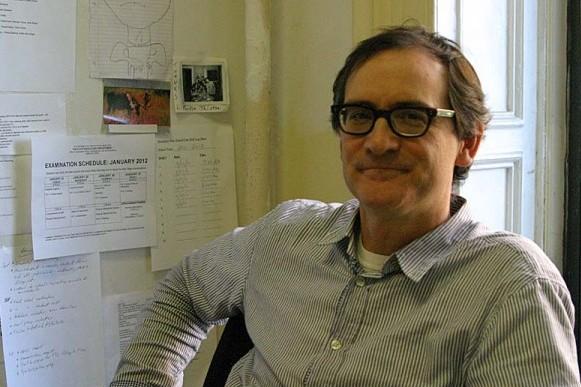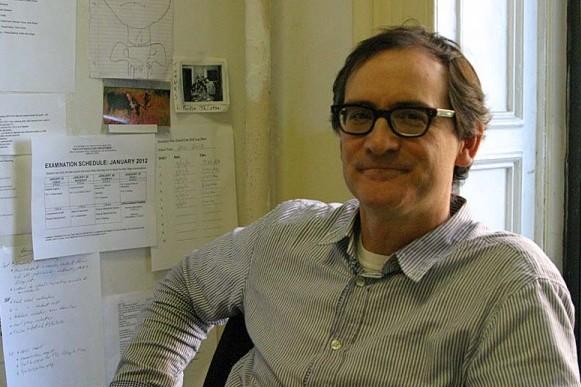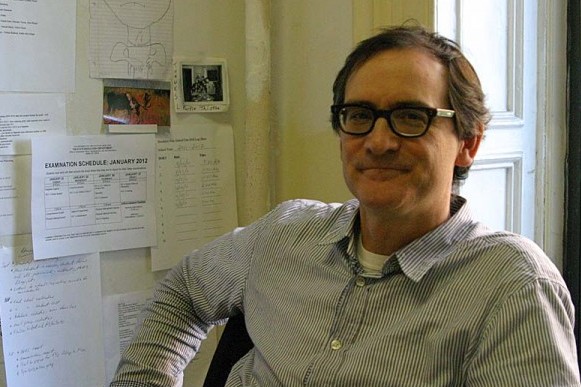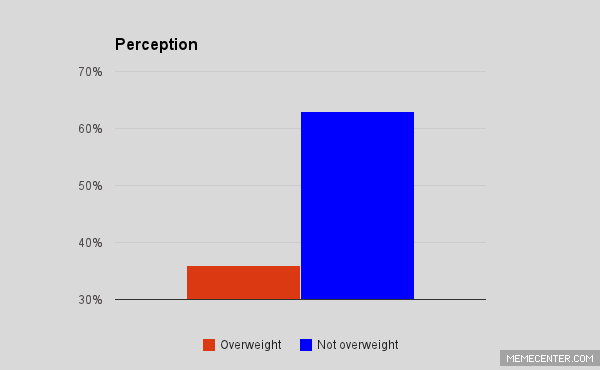NEW YORK—An excess of high-stake, standardized tests, overcrowded classrooms, and antiquated teaching methods are often the complaints against the city’s public school system. Alan Berger was also one of those critics, and after seven years in a public school, he decided to look for a different way of doing things.
After rallying a group of parents, he founded the Brooklyn Free School, located in Clinton Hill, serving students from Kindergarten to the 12th grade.
Surprisingly, the school is not divided by age groups. There is no set curriculum, either. Rather, students learn by pursuing their interest, through project-based or reality-based learning. The only set guideline is the democratic spirit of the school. All students have a say and a vote in the way the school is run.
The school has been running for eight years. It was the first of its kind in New York City; though since its founding others have been set up.
The Epoch Times: What is lacking, in your opinion, in the regular way of educating?
Alan Berger: The love of learning is lacking. The passion of learning and the ability of kids to pursue the things they love to do and love to learn about. A lot of time kids lose the love of reading, because they are kept on a certain level, and they can only read certain things. It makes much more sense [to do it a different way]. Kids are naturally curious about the world and about themselves and others. We should get behind what it is they want to learn about, and support that and nurture that.
The Epoch Times: Why isn’t this type of schooling more common in New York City?
Berger: It’s hard. It is a very time-consuming type of approach. It means you have to have a lower staff to student ratio—about 10 to 1. It means you pay attention also to social and emotional growth and not just academics, which also means it is much more challenging. It is hard to scale it up to a large number of kids. It is a direct democracy. Everyone has a vote, everyone has a say.
It could be done citywide if it is done on the basis of smaller schools. They already started to break schools up to smaller units. You could certainly inject more democracy to those [public] schools. The trouble right now is that standardized tests are ruling the curriculum and it does not leave room for things kids are interested about.
The Epoch Times: What are the benefits of democracy in the school?
Berger: There are a lot of benefits. When you start doing that with kids. They get really powerful, they become alive. Their juices start flowing again. The energy they have is focused in a more positive way. We get them involved in conflict resolution. Students call meetings on other students and come together and try to figure out why problems occurred and how to solve them.






